A Showcase of Traditional Tswana Dresses Styles for 2024
A Showcase of Traditional Tswana Dresses Styles for 2024
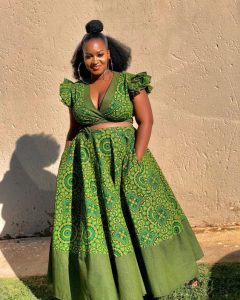
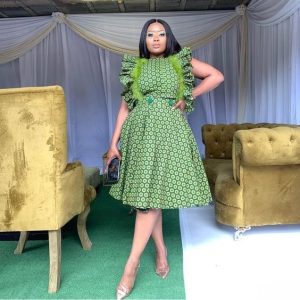
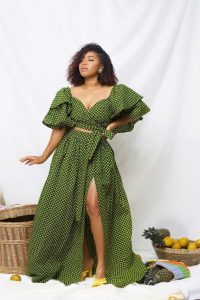
In the heart of Southern Africa lies Botswana, a land of diverse cultures and rich traditions. Among its people, the Tswana ethnic group stands out for their vibrant heritage, which is beautifully expressed through their traditional dress styles. From everyday attire to ceremonial garments, Tswana dresses exude elegance, grace, and cultural pride. In this article, we embark on a journey to explore the radiant Tswana elegance showcased through their traditional dress styles.
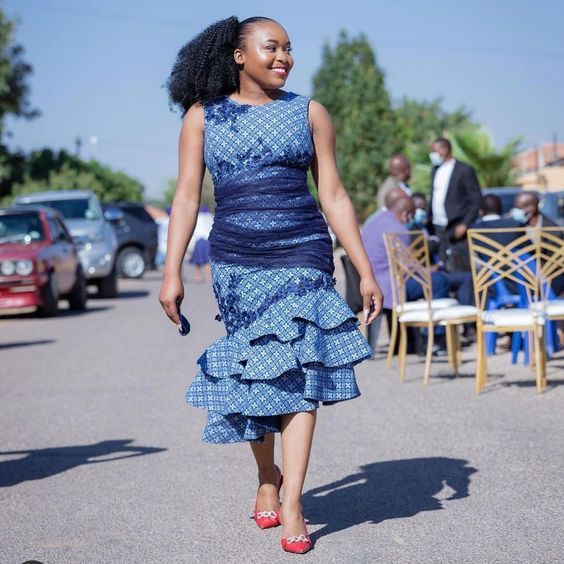
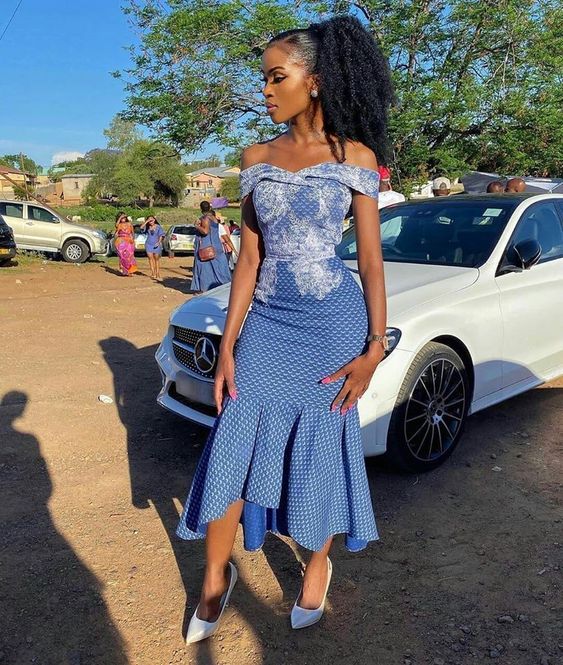
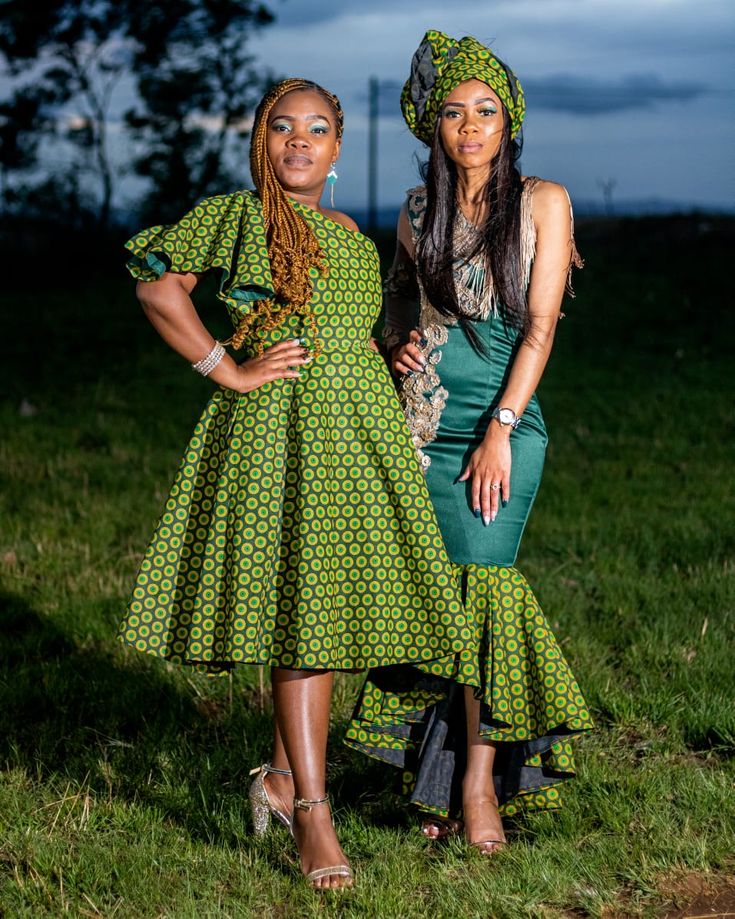
The Essence of Tswana Traditional Dress: Tswana traditional dress is more than just clothing; it is a reflection of identity, history, and values deeply ingrained in the fabric of Botswana’s society. For centuries, Tswana people have adorned themselves in attire that symbolizes their connection to the land, their ancestors, and each other. Traditional Tswana dresses are characterized by their vibrant colors, intricate patterns, and meticulous craftsmanship, all of which contribute to their timeless elegance. Tswana Elegance: A Showcase of Traditional Dress Styles for 2024
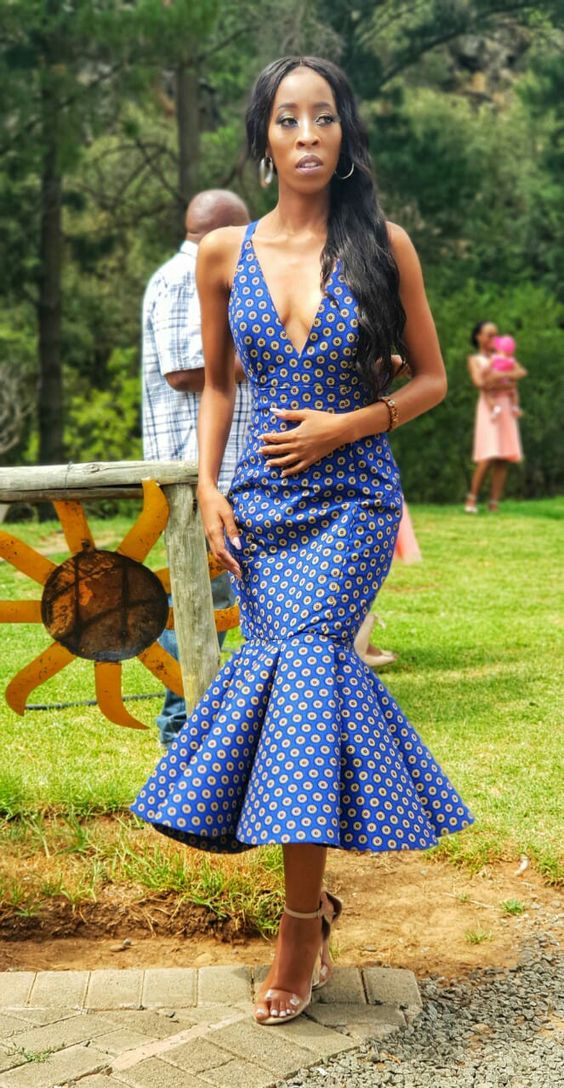
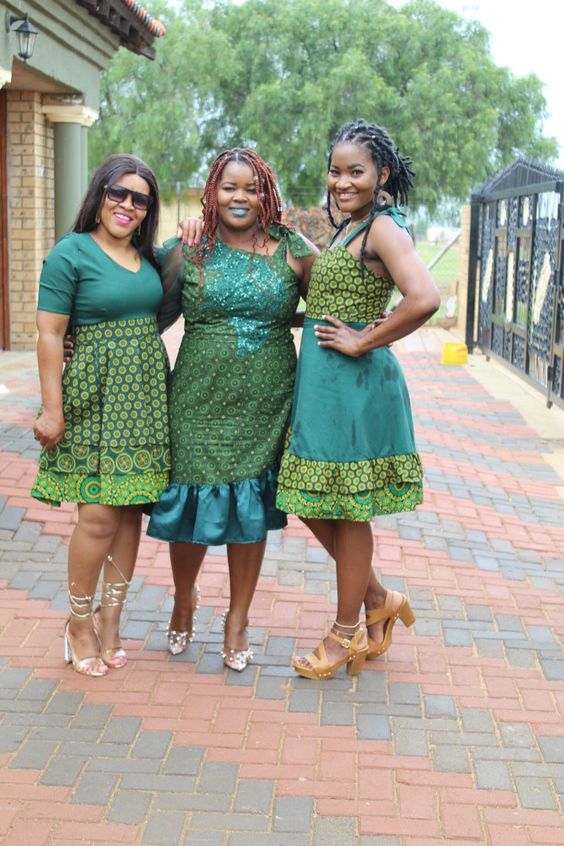
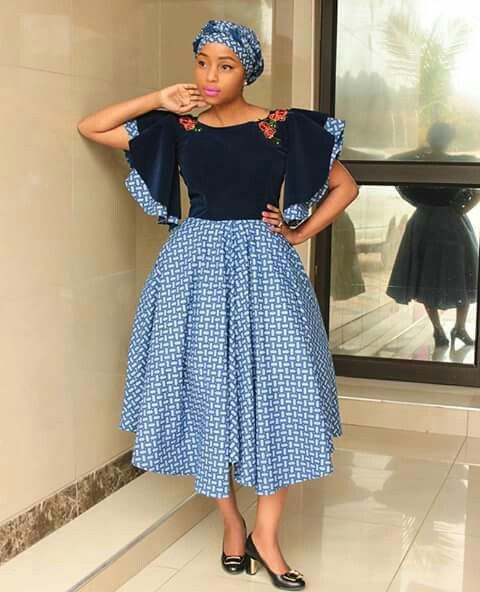
Fabrics and Textiles: Central to Tswana traditional dress are the fabrics and textiles carefully selected for their quality and symbolism. Locally sourced materials such as cotton, linen, and silk are favored for their comfort and versatility. Traditional Tswana dresses often feature a mix of bold, bright colors, reflecting the natural beauty of Botswana’s landscapes and the vibrant spirit of its people. Intricate embroidery, beadwork, and appliqué are also common embellishments, adding depth and texture to the garments.
A Showcase of Traditional Tswana Dresses Styles for 2024
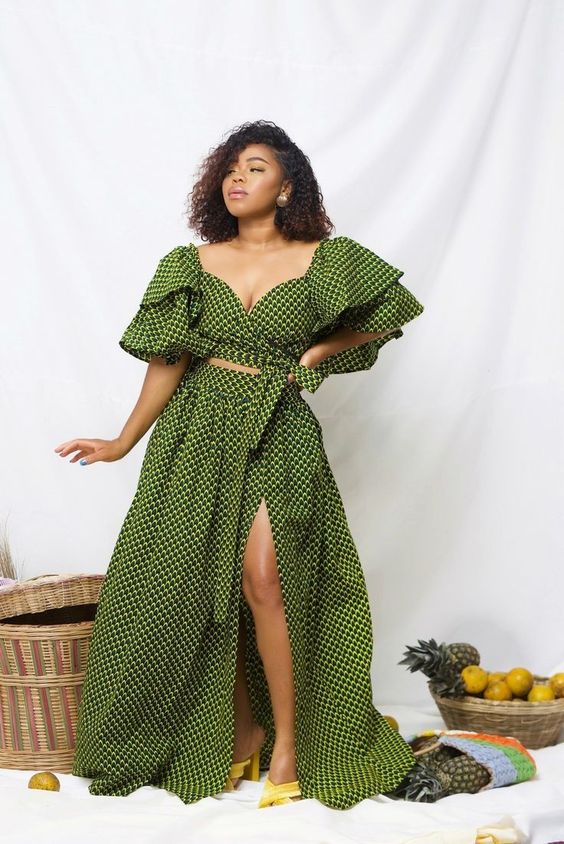
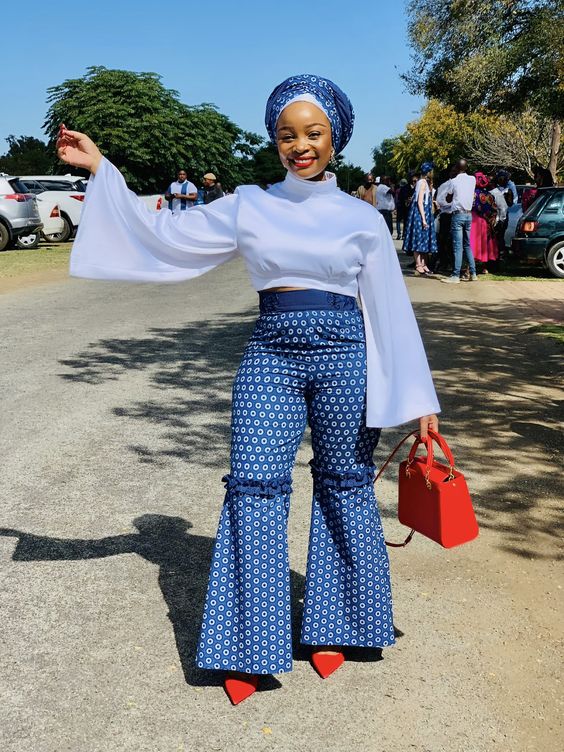
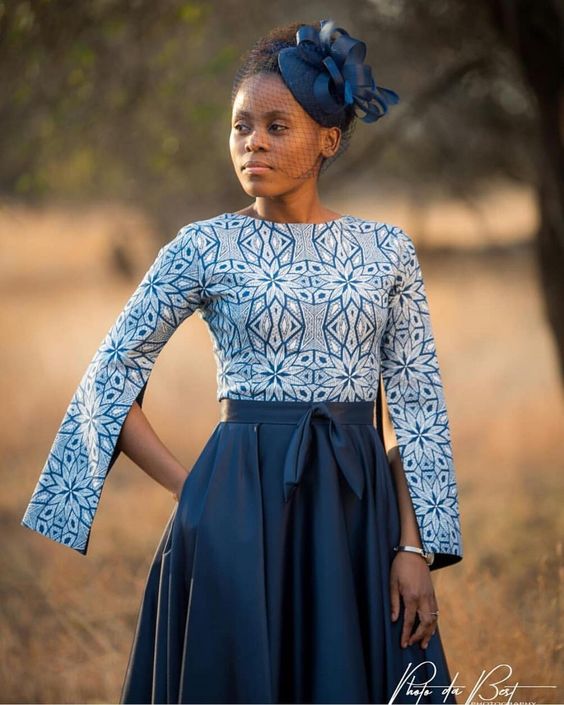
Styles and Silhouettes: Tswana traditional dress encompasses a wide range of styles and silhouettes, each serving its own purpose and significance. For everyday wear, women may don a simple but elegant dress known as a “thoko,” typically made from colorful fabric with a fitted bodice and flared skirt. On special occasions such as weddings and festivals, more elaborate ensembles are worn, often featuring layers of fabric, voluminous skirts, and intricately embellished tops. Men, too, have their own traditional attire, which includes the “leteisi” shirt and “kobo” trousers, often paired with a colorful sash known as a “seleka.”
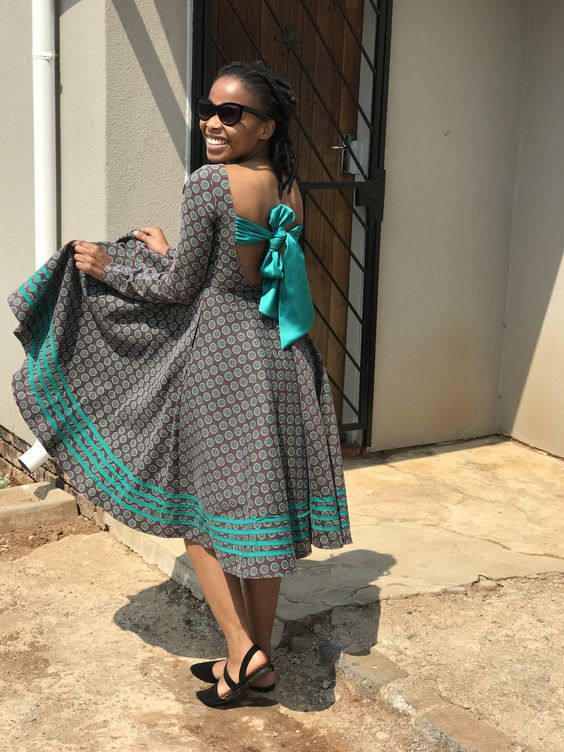
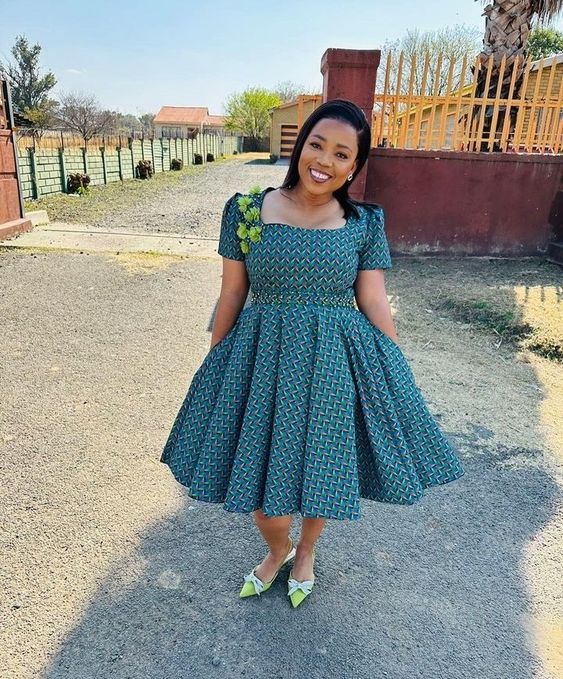
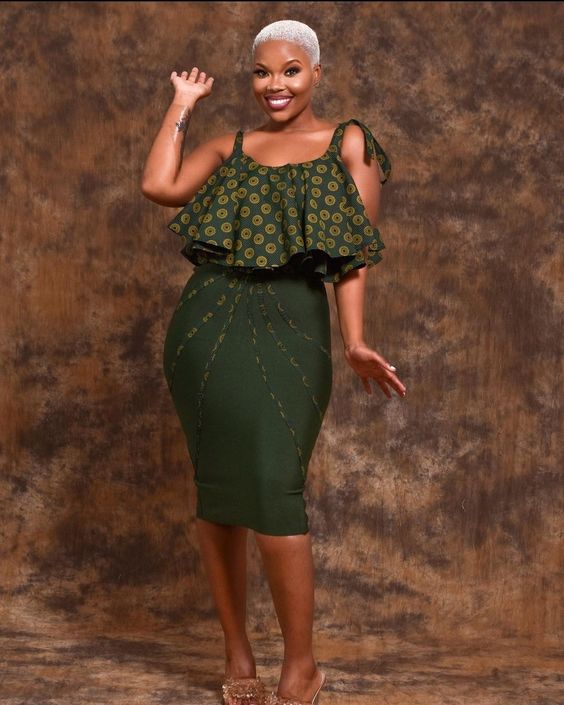
Symbolism and Cultural Significance: Every element of Tswana traditional dress carries symbolic meaning, reflecting the values, beliefs, and aspirations of the Tswana people. Colors are chosen with care, with each hue representing different aspects of life, such as love, fertility, and prosperity. Patterns and motifs often draw inspiration from nature, animals, and geometric shapes, serving as visual reminders of Botswana’s cultural heritage and connection to the land.
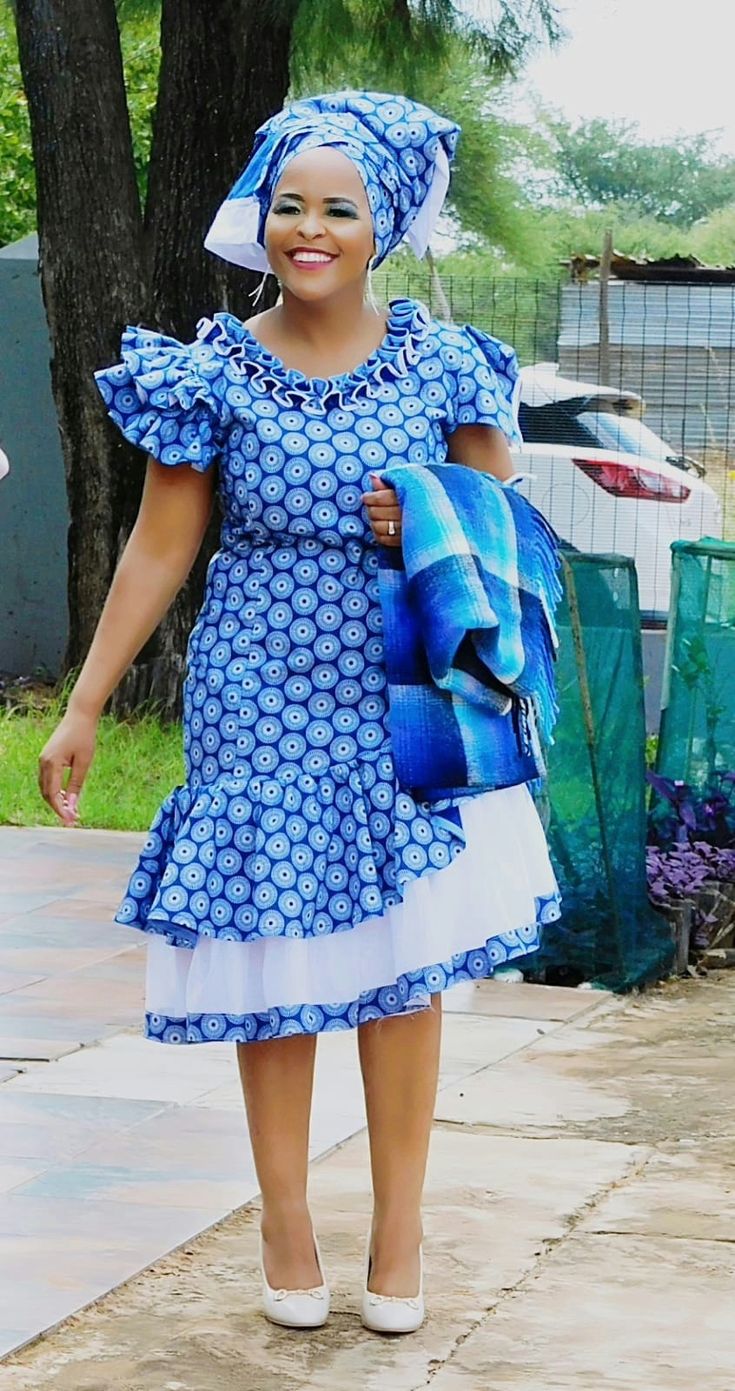
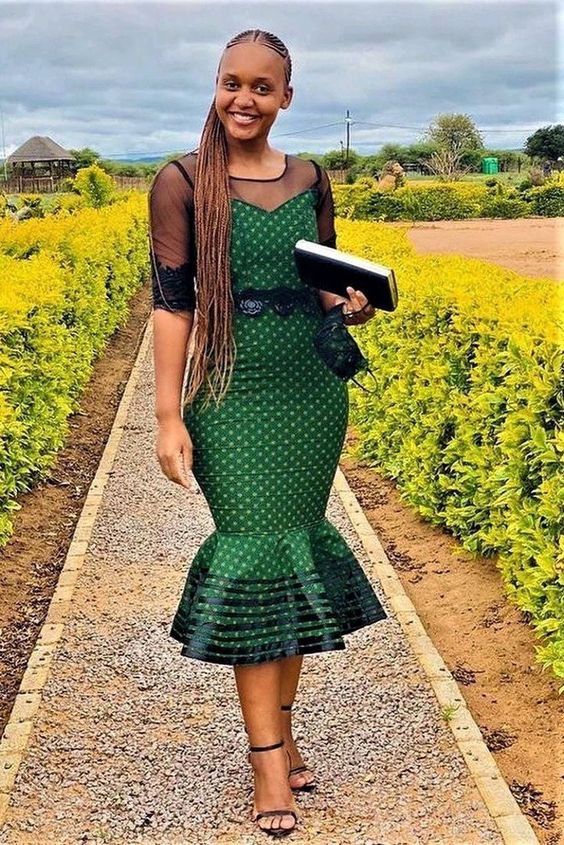
Preservation and Evolution: While Tswana traditional dress remains deeply rooted in history and tradition, it is also a dynamic and evolving art form. Today, contemporary designers are reimagining Tswana attire, infusing traditional elements with modern aesthetics to create new and innovative styles. This fusion of old and new ensures that Tswana dress continues to thrive and adapt to changing times while preserving its cultural authenticity and significance.
A Showcase of Traditional Tswana Dresses Styles for 2024
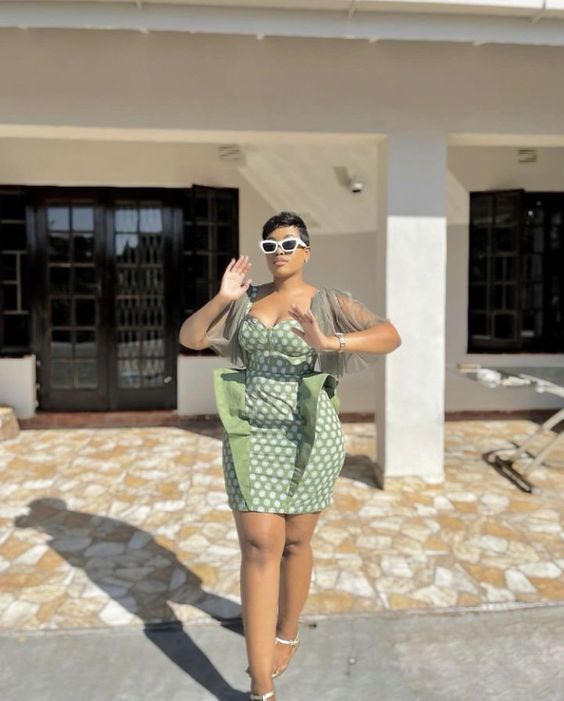
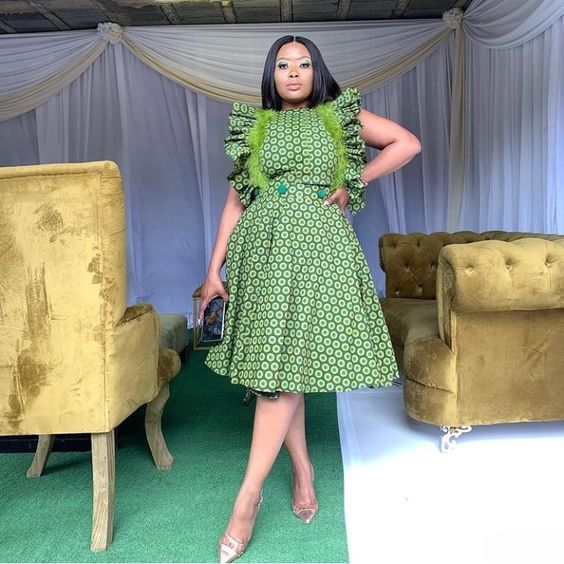
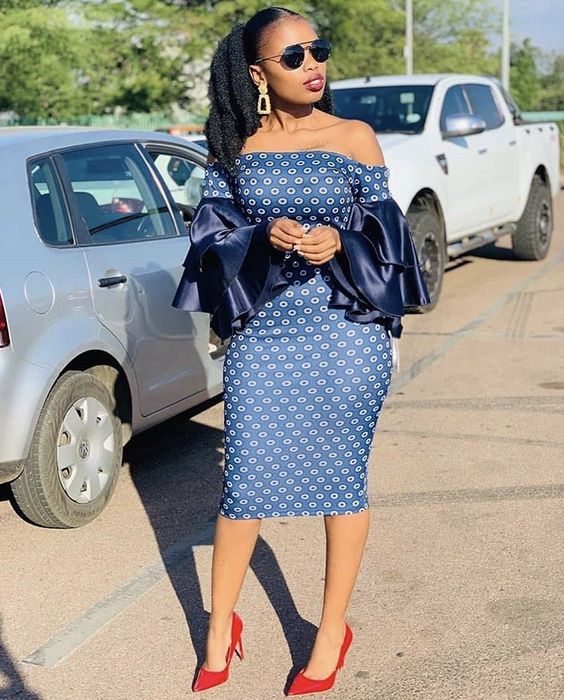
Radiant Tswana elegance shines through in every stitch, color, and embellishment of traditional dress styles. Beyond mere clothing, Tswana attire embodies the rich tapestry of Botswana’s culture, history, and identity. As we celebrate the beauty and diversity of Tswana dress, may we also recognize and honor the resilience, creativity, and cultural pride of the Tswana people, whose traditions continue to inspire and enchant us.
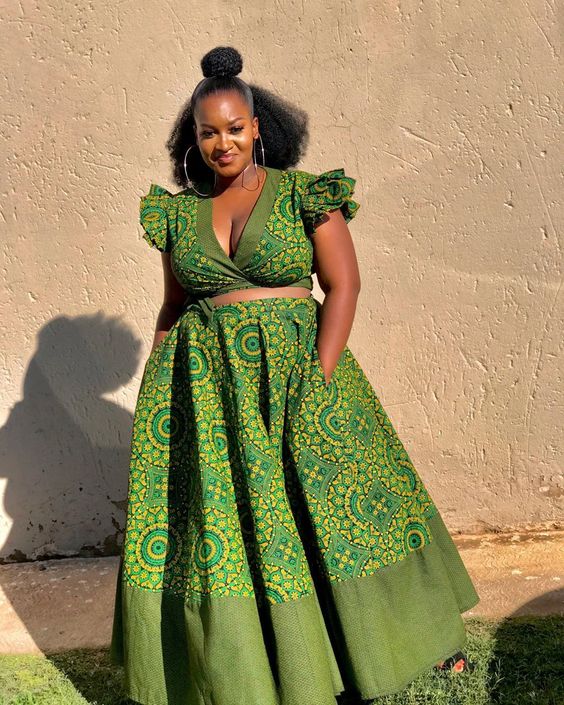
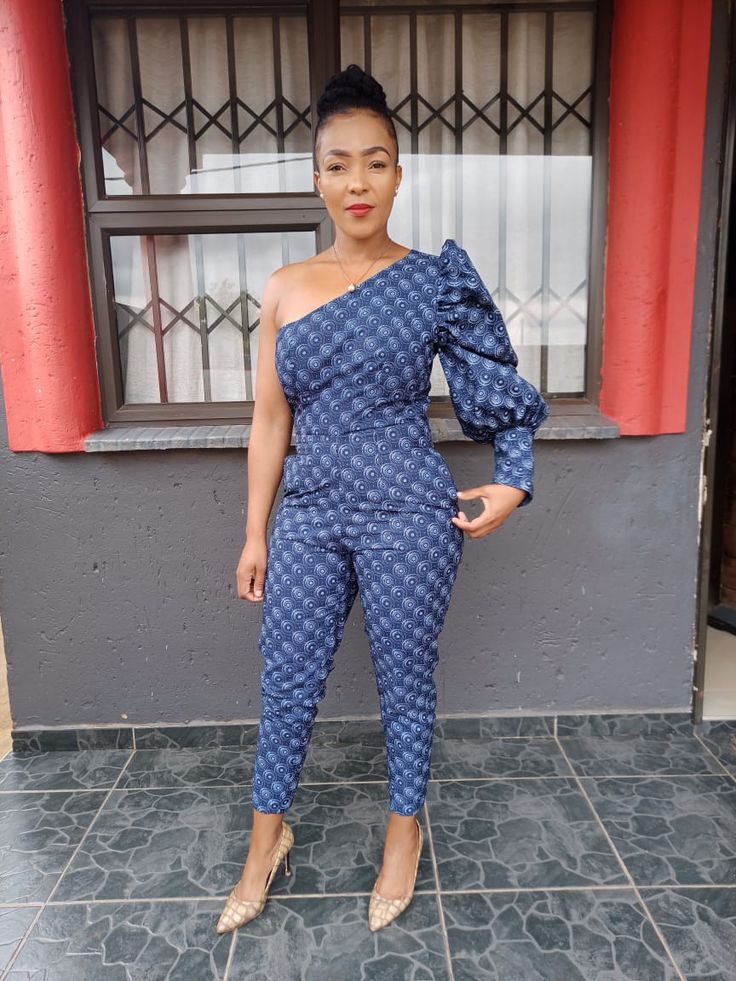

Tswana traditional dress encompasses a diverse range of styles and silhouettes, each tailored to suit different occasions and social contexts. For everyday wear, women may don the elegant “thoko” dress, characterized by its fitted bodice and flared skirt. On festive occasions such as weddings and ceremonies, more elaborate ensembles are worn, featuring layers of fabric, intricate beadwork, and dramatic silhouettes. Men, too, have their own traditional attire, which includes the “leteisi” shirt and “kobo” trousers, often accessorized with colorful sashes and headwear.
Comments are closed.